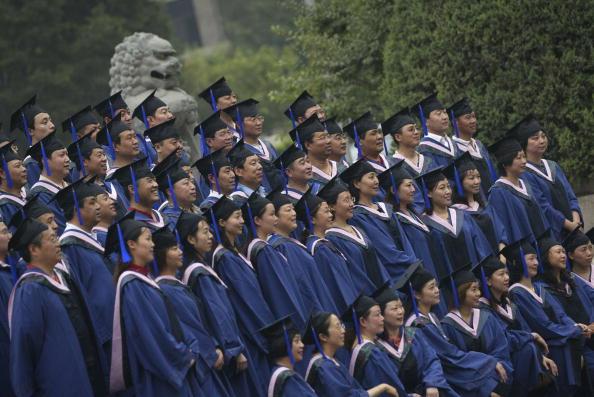BEIJING—An American professor and vocal critic of Beijing’s censorship said he has lost his job at the prestigious Peking University and is leaving China.
Christopher Balding, who has taught at Peking University’s HSBC School of Business located in the southern Chinese city of Shenzhen for the past nine years, said in a July 17 blog post that the school has not renewed his contract.





